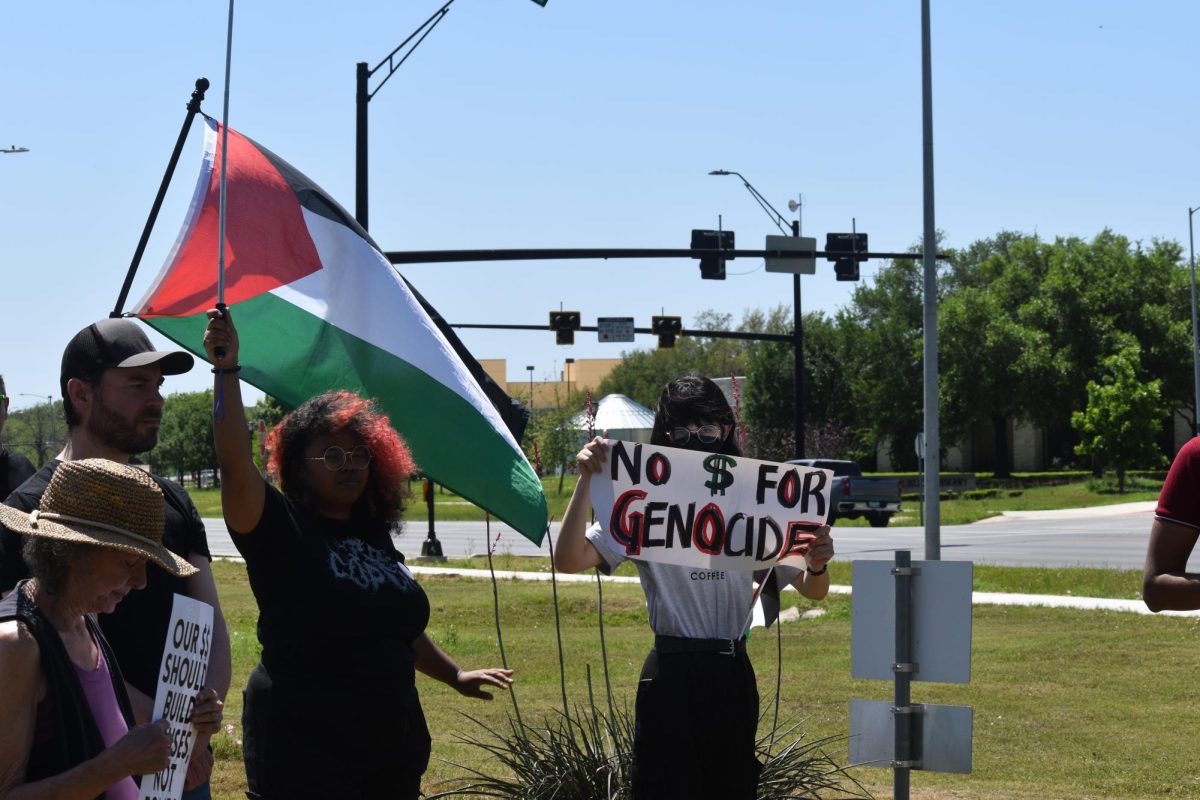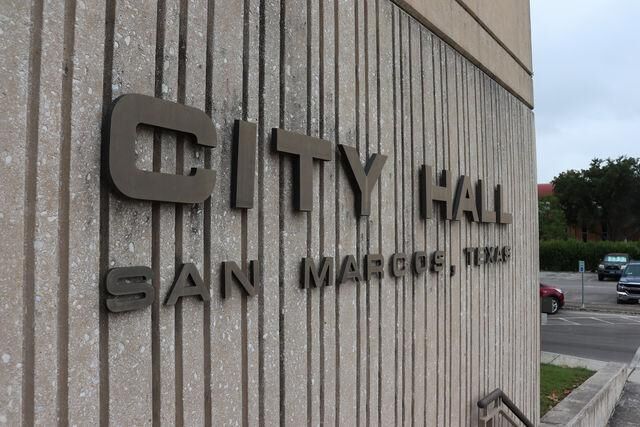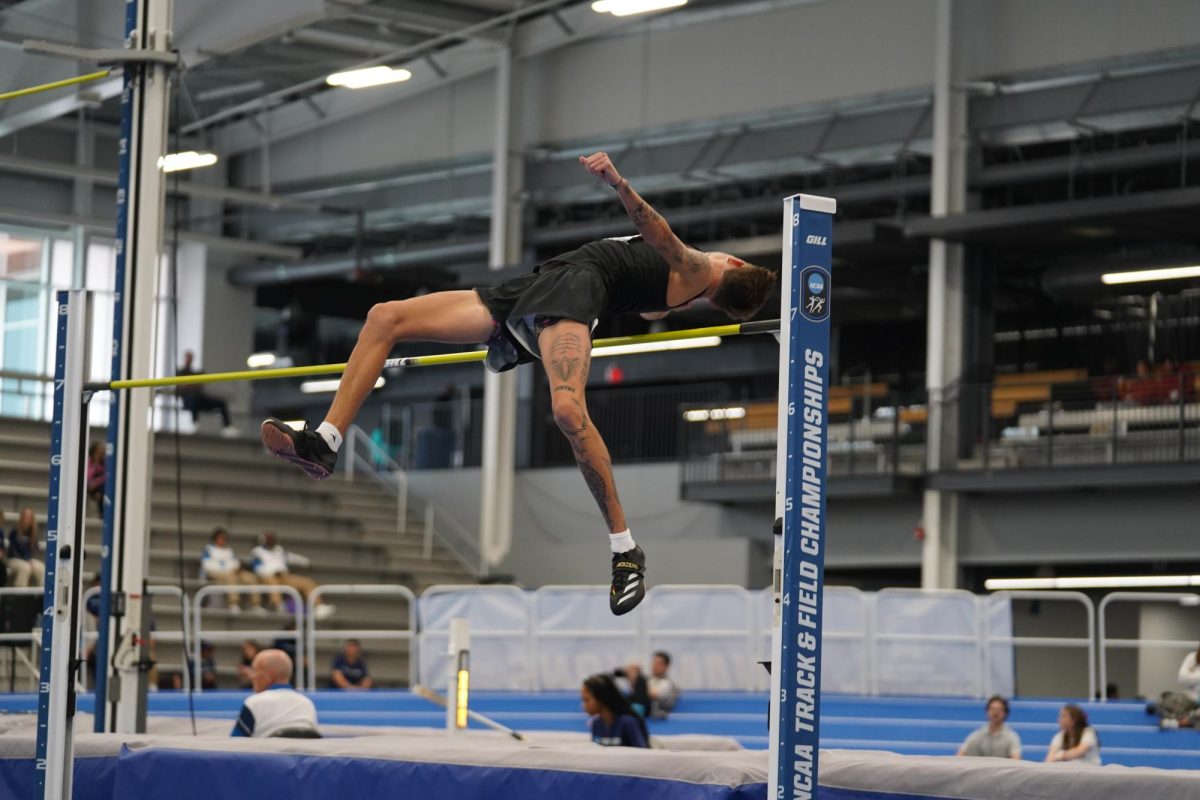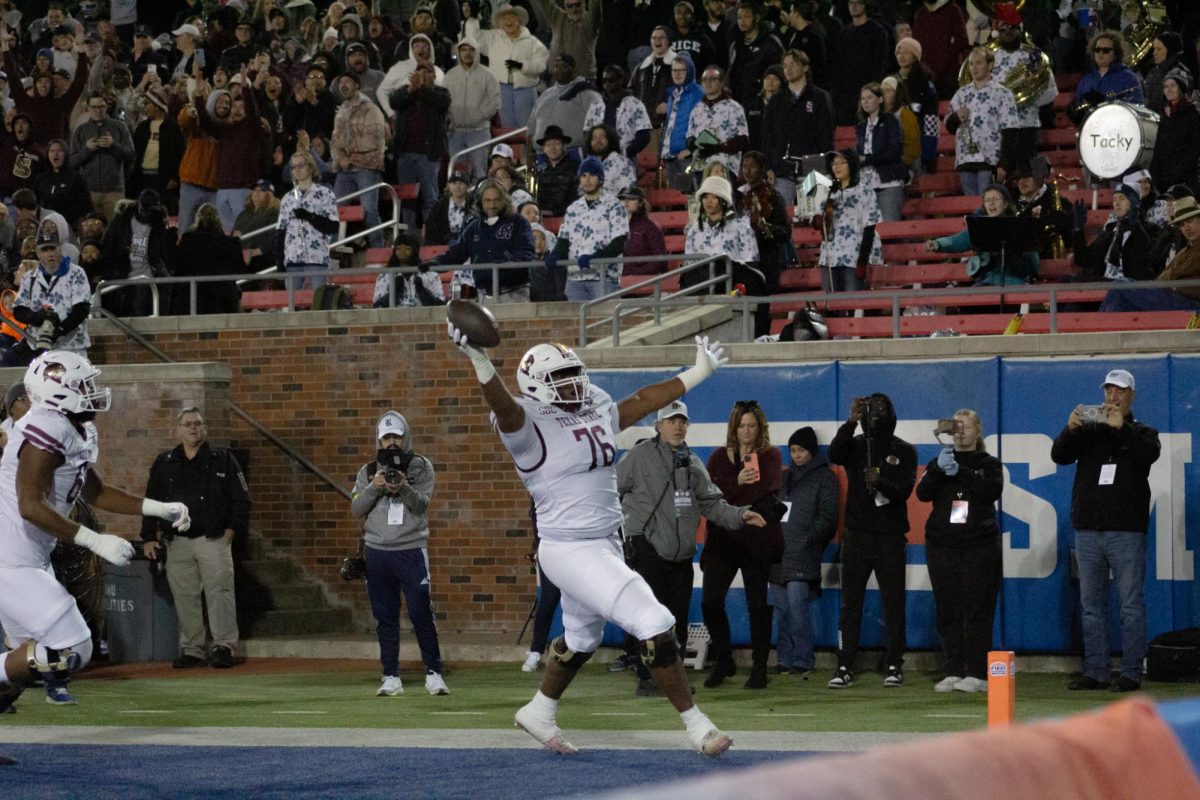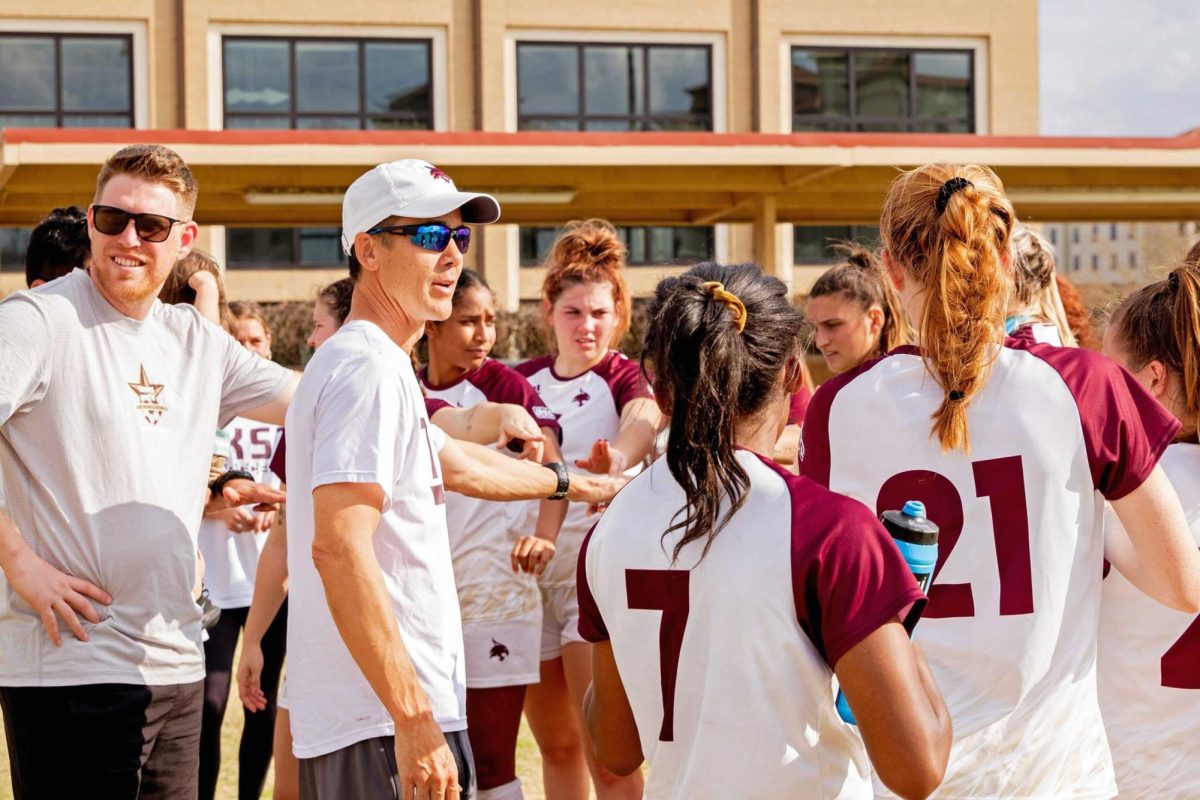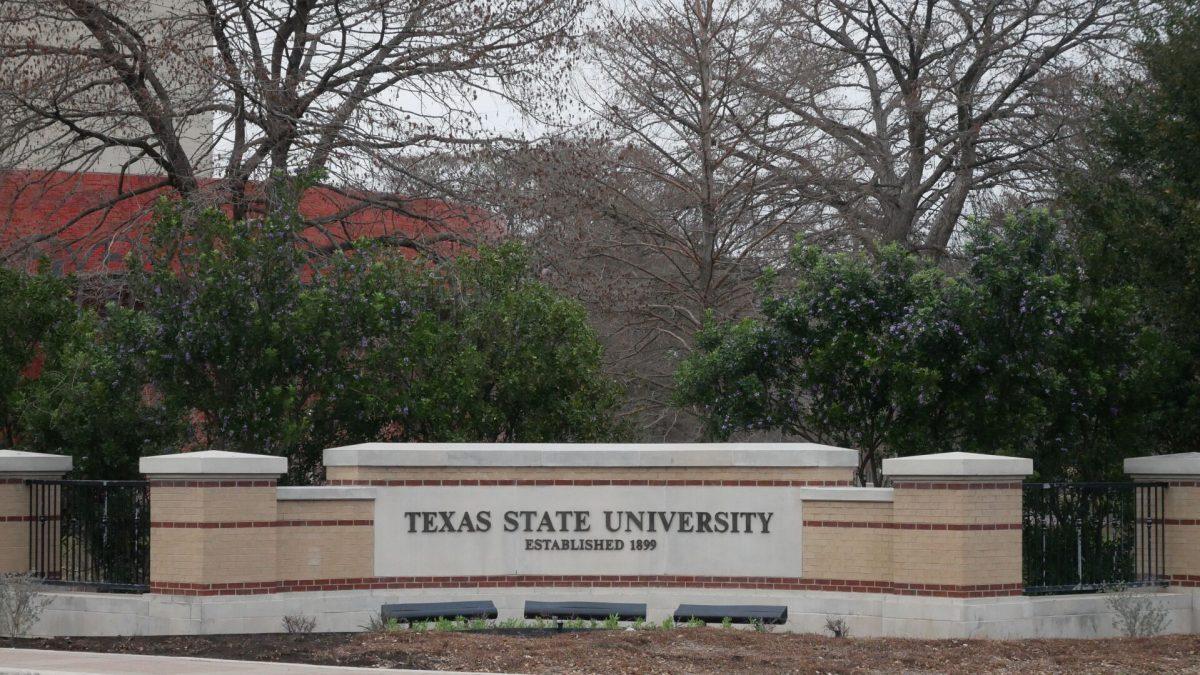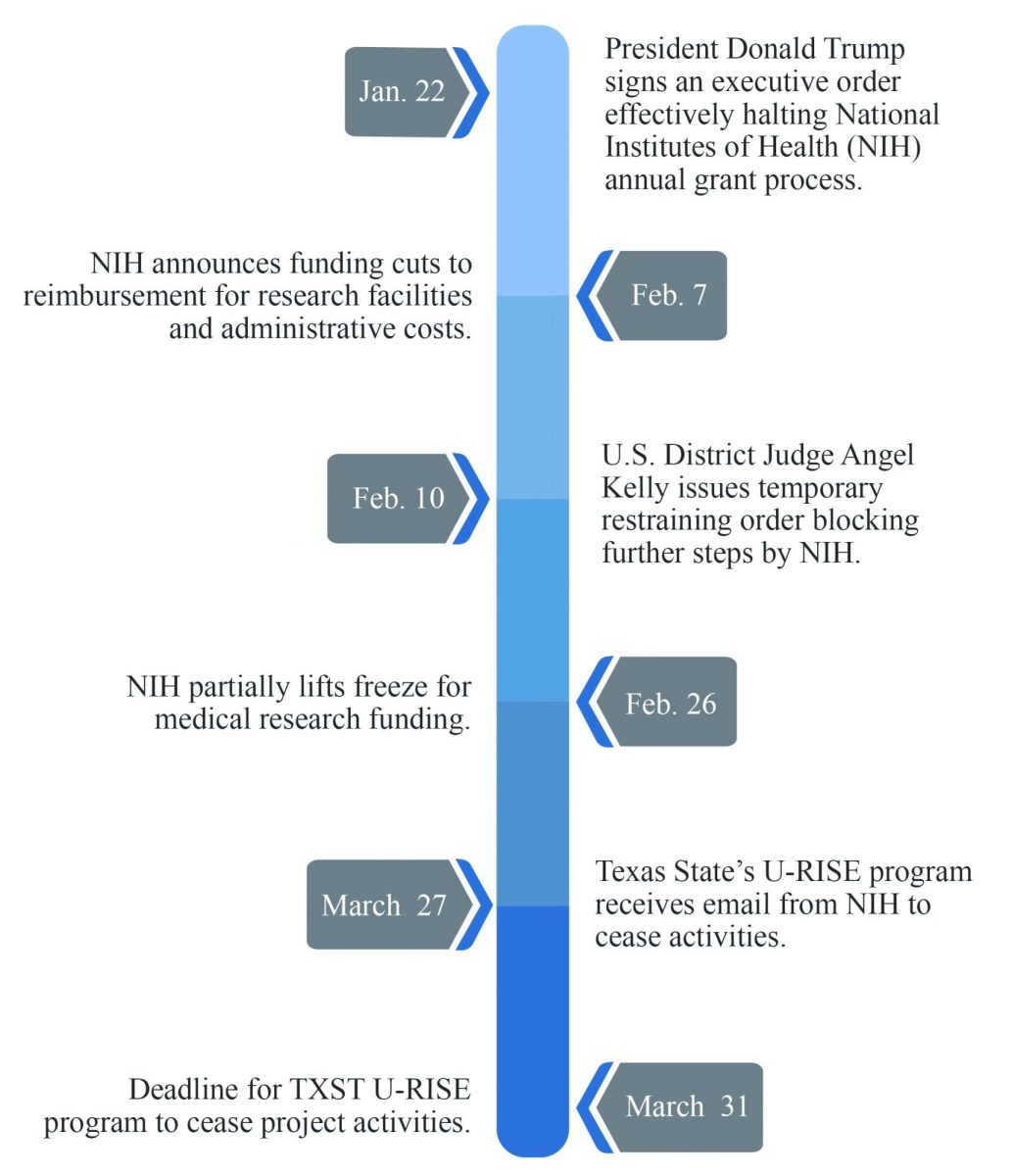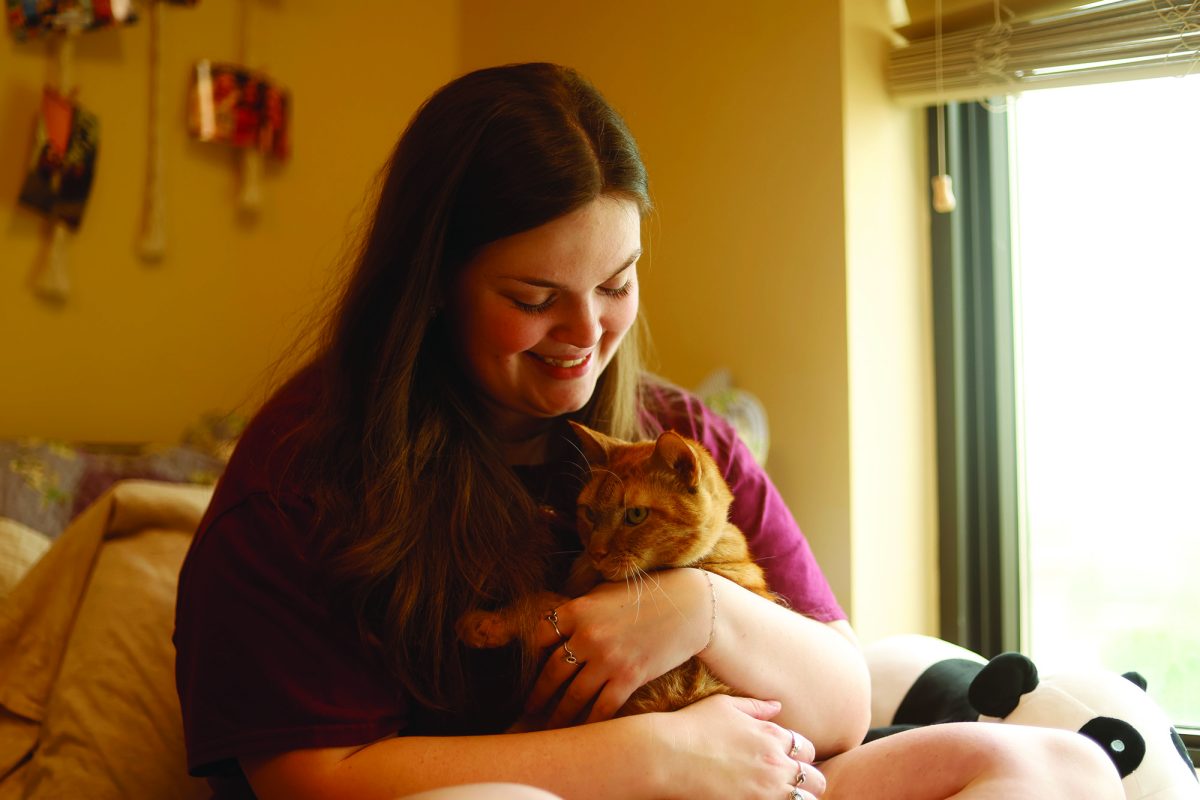Editor’s Note: The international student who spoke with The Star was granted anonymity due to concerns about their legal status.
Two Texas State students had their immigration statuses changed amid ongoing revocations of visas and legal status for international students across Texas.
On April 11, Jayme Blaschke, a university spokesperson, confirmed in an email to The Star that two students were notified that there was a change in their immigration status and Student Exchange and Visitor Information System (SEVIS) status.
“To protect student privacy, we are not sharing individual details,” Blaschke wrote in his email. “However, we are assisting the affected students by connecting them with appropriate resources. TXST is committed to supporting our international students while complying with all state and federal laws.”
When asked to clarify what resources would be provided, the university reaffirmed their previous statement, but did not provide additional details.
The change comes as part of a nationwide crackdown on what the Trump Administration defines as “antisemitism.” According to Secretary of State Marco Rubio, the administration is revoking visas and immigration status based on activity at pro-Palestinian or anti-Israeli protests, posts on social media or online.
“If you come to this country as a student, we expect you to go this class, study and get a degree. If you come here to vandalize a library, takeover a campus and do all kinds of crazy things, we’re going to get rid of these people,” Rubio said in Oval Office cabinet meeting. “When we identify lunatics like these, we take away their student visa. No one is entitled to a student visa.”
The revocations of visas and immigration status are being done with no advanced notice to universities or the students affected.
A Texas State international student said that when they first got their student visa they were given a ‘Know Your Rights’ document, which outlines international students’ rights including free speech and expression.
“Just to turn around for this to happen is like a slap in the [expletive] face, like it’s just stupid,” the international student said.
They also said that they have heard no communication from the university about available resources or legal aid.
“Not that they’ve made explicit enough to where I can see it or I could confirm it. And I’m a very annoying person, like I go through my emails every morning,” the international student said.
The student said they feel like they have doubts about whether they will make it to graduation, or even to the end of the semester.
“I’m not thinking about ‘what if this happens to me?’ I am thinking, ‘when is it my turn?’ Because I think at this point, we’ve seen that it can happen anywhere,” the international student said. “Going as far as, what happens if I break my lease because I’m getting deported? What happens to the money that I have in my bank account here?”

Local community response
On Sunday, April 13, members of the local community gathered outside of San Marcos City Hall for Palestine Solidarity SMTX’s “San Marcos Stands Against Genocide” protest. The protest was mostly focused on the boycott, divest, sanction movement, but also discussed the recent changes to student visa and SEVIS.
Liz Tyson, community member and immigrant from the United Kingdom, previously worked for a human rights and animal protection organization in Palestine. She said that recent experiences of traveling back to the U.S. from the U.K. and the student visas being revoked remind her of the difficulties traveling between Palestine and Israel.
Tyson said she feels it is ironic that this is happening in America, the “land of the free.” She said she doesn’t believe supporters of policies like the visa revocations actually support free speech.
“Nobody really wants freedom of speech. They want to be able to say whatever they want with impunity and then impact other people by doing terrible things like deporting them when they’re here legally, it’s just appalling,” Tyson said.
Lazarus Vasquez, English senior at Texas State, said the university needs to do more to protect students, especially international students.
“We are what keeps the university alive. We are the blood of the university, and they treat us like we’re not important,” Vasquez said.
Vasquez said they recognized the university was in a difficult situation, as federal funding could be cut if it did not comply with the administration’s demands. This has already happened to Columbia University, which lost $400 million in federal funding due to perceived failings to address antisemitism.
Scott Cove, an organizer with Palestine Solidarity SMTX, said Sunday’s protest was partially motivated by his desire to show support for international students.
“It’s important for us to put our footsteps down now for the international students [and say] this is unacceptable,” Cove said. “They have the protections of our Constitution. If they’re in our country and they’re visitors here, they should be protected.”
Cove said Texas State and city council should be making more efforts to uphold the constitution and individual rights in the city and on campus.
“They should be paying for lawyers to actually make a case about our Constitution and how this is an attack on our Constitution. And they shouldn’t just bend over and tell the executive, whatever they say goes, that’s not how our country works,” Cove said. “I hope the university and our city hall can work together and come out and say that they believe in the Constitution and protecting students at our local population from oppression.”
Cove said he was worried that international students could be only the first target of the administration, with other students and activists eventually facing punishment as well.
“First they came for the communists, and then they came for the trade unionists, and then they came for the socialists, and then they came for the Jews,” Cove said, referencing the “First They Came” poem by Martin Niemöller, a poem about the German public’s silent complicity in the actions of Nazi Germany.



